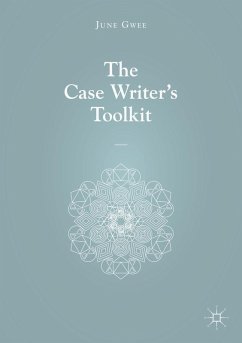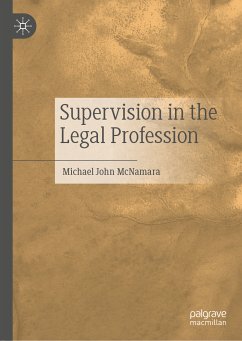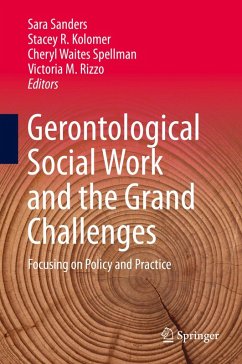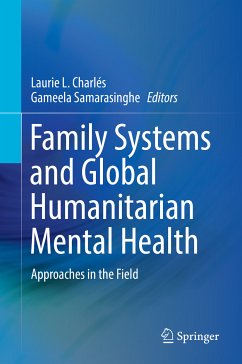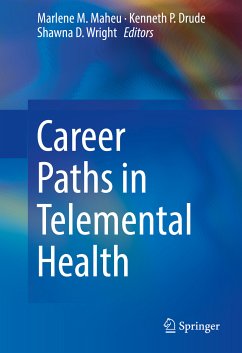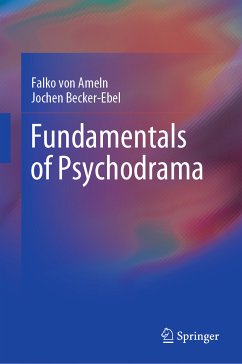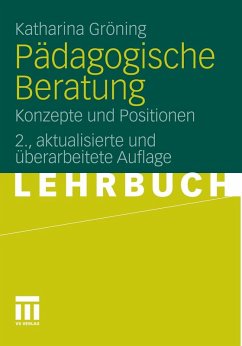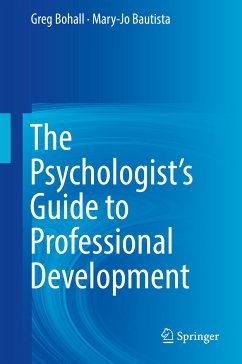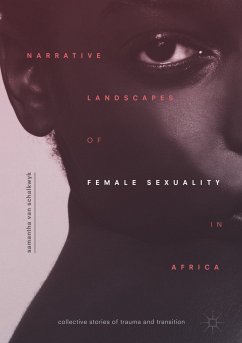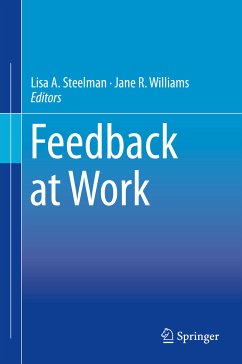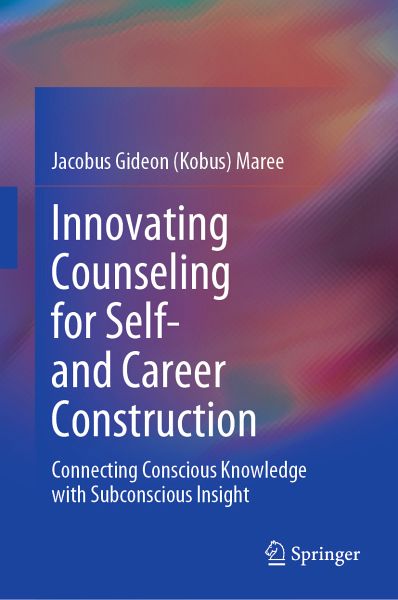
Innovating Counseling for Self- and Career Construction (eBook, PDF)
Connecting Conscious Knowledge with Subconscious Insight
Versandkostenfrei!
Sofort per Download lieferbar
72,95 €
inkl. MwSt.
Weitere Ausgaben:

PAYBACK Punkte
36 °P sammeln!
This book sets out to provide context for innovating counseling for self- and career construction. It gives readers insight into the theory underlying an innovative, integrative qualitative-quantitative approach to career counseling.Three key ideas recur throughout the book. First, the idea of not dispensing "advice" to people-instead, enabling them to advise themselves. Second, the idea of listening for instead of to people's stories to help them choose and construct careers and themselves and shape their career identities. Third, the idea of helping people connect what they know about themse...
This book sets out to provide context for innovating counseling for self- and career construction. It gives readers insight into the theory underlying an innovative, integrative qualitative-quantitative approach to career counseling.
Three key ideas recur throughout the book. First, the idea of not dispensing "advice" to people-instead, enabling them to advise themselves. Second, the idea of listening for instead of to people's stories to help them choose and construct careers and themselves and shape their career identities. Third, the idea of helping people connect what they know about themselves consciously with what they are aware of subconsciously.
The book confronts some of the main challenges posed by Work 4.0 on the workplace but also foreshadows the imminent advent of Work 5.0. It endeavors to promote career counselors' ability to help people "thrive" at a time when many speculate that work itself is at risk, occupational contexts no longer "hold" workers in the way they used to, and the coronavirus pandemic is disrupting the workplace.
Three key ideas recur throughout the book. First, the idea of not dispensing "advice" to people-instead, enabling them to advise themselves. Second, the idea of listening for instead of to people's stories to help them choose and construct careers and themselves and shape their career identities. Third, the idea of helping people connect what they know about themselves consciously with what they are aware of subconsciously.
The book confronts some of the main challenges posed by Work 4.0 on the workplace but also foreshadows the imminent advent of Work 5.0. It endeavors to promote career counselors' ability to help people "thrive" at a time when many speculate that work itself is at risk, occupational contexts no longer "hold" workers in the way they used to, and the coronavirus pandemic is disrupting the workplace.
Dieser Download kann aus rechtlichen Gründen nur mit Rechnungsadresse in A, B, BG, CY, CZ, D, DK, EW, E, FIN, F, GR, HR, H, IRL, I, LT, L, LR, M, NL, PL, P, R, S, SLO, SK ausgeliefert werden.



